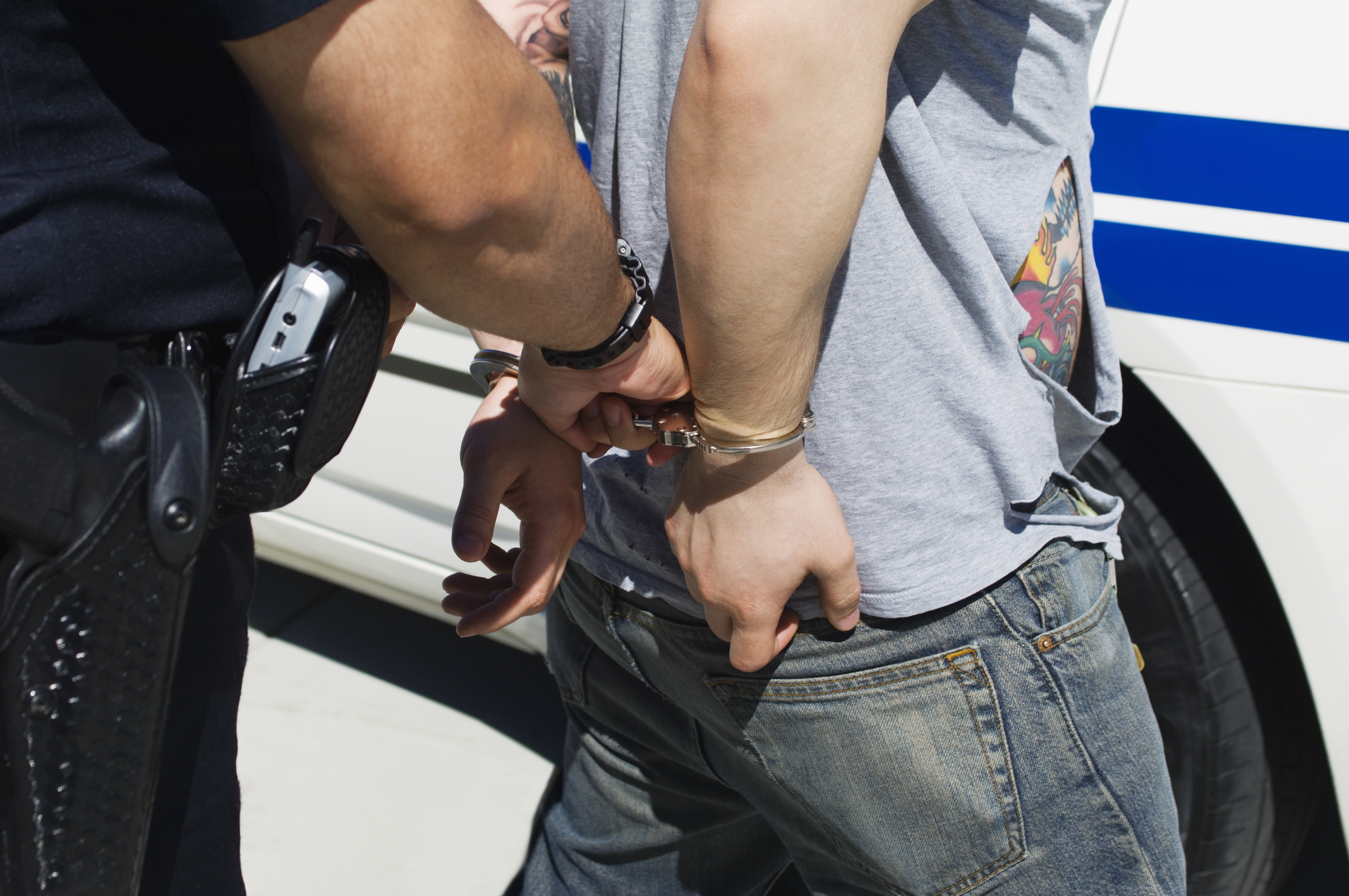Campus public safety officers often struggle with determining when it is and isn’t appropriate to get involved in an incident.
Campus Safety magazine spoke with Stacy Ettel, who is the program director for the BlueSentinel Group, on the difference between enforcing laws vs. enforcing rules. He also talks about the fine line campus police officers must walk in determining when they should and should not intervene in a situation.
[promo_content slug=”72256″]
——Article Continues Below——







